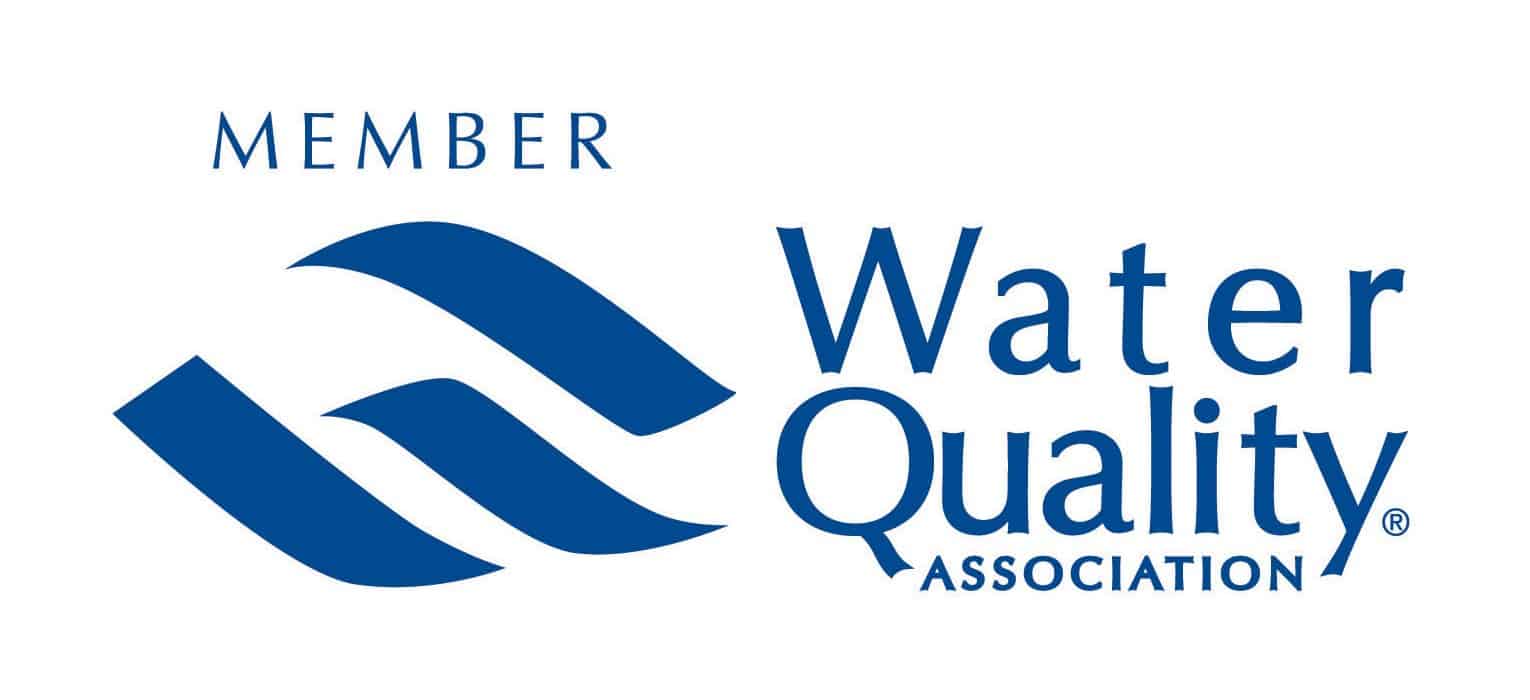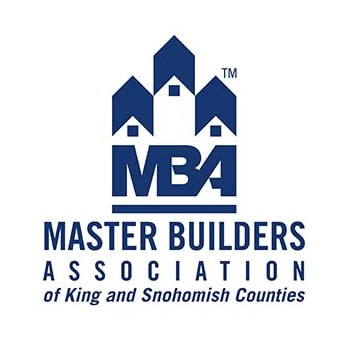In the northwest region, the specific regulatory requirements that can lead to the decommissioning of a well may vary depending on the jurisdiction and local regulations. However, here are some common regulatory factors that could contribute to the decommissioning of a well:
- Water management regulations: Regulatory bodies may implement water management regulations to ensure sustainable use of water resources. These regulations may include restrictions on well drilling, usage limits, or the need to retire certain wells to prevent overuse or depletion of water sources.
- Environmental protection: Environmental regulations may require the decommissioning of wells to prevent contamination of groundwater or surface water. If a well is found to be contributing to pollution or poses a risk to the environment, it may need to be decommissioned to mitigate potential harm.
- Public health and safety standards: Regulatory agencies may set standards for drinking water quality and safety. If a well fails to meet these standards or poses a health risk due to contamination, it may be decommissioned to protect public health.
- Land use planning and zoning regulations: Changes in land use plans, such as the designation of an area for non-residential or non-agricultural purposes, may require the decommissioning of wells in order to accommodate the new land use requirements.
- Well construction and maintenance standards: Regulatory authorities may have specific requirements for well construction, maintenance, and monitoring. If a well fails to meet these standards or is not properly maintained, it may need to be decommissioned to ensure compliance with regulations.
It’s important to consult the specific regulations and guidelines of the relevant local or regional authority to determine the exact regulatory requirements for well decommissioning in a particular area of the northwest region.
In the United States, regulations for well water are typically enforced at the state level, although there may be additional local regulations depending on the specific jurisdiction. In Washington State, the regulatory authority responsible for overseeing well water is the Washington State Department of Ecology (DOE). The DOE administers the Water Resources Program, which includes regulations related to wells and groundwater management.
Here are some key regulatory aspects that may apply to well water in Monroe, Washington, under the jurisdiction of the DOE:
- Well construction permits: The DOE requires a permit for the construction, modification, or abandonment of a well. The permitting process ensures that wells are designed and constructed properly to protect groundwater resources and prevent contamination.
- Water rights: Washington State follows the doctrine of prior appropriation, where water rights are allocated based on priority of use. If the well is intended for non-domestic use, it may require a water rights permit or a change in existing water rights.
- Water quality testing: The DOE recommends regular testing of well water to ensure its safety and potability. While specific testing requirements may vary, it is generally advised to test for parameters such as bacteria, nitrates, and other potential contaminants.
- Well construction standards: The DOE has established technical requirements for well construction, including specifications for casing materials, depth, sealing, and setback distances from potential contamination sources.
- Well reporting and registration: Well owners are often required to report new wells to the DOE and provide information such as well location, depth, and purpose. Existing wells may need to be registered or reported as well.
To obtain specific and up-to-date information on the regulatory requirements for well water in Monroe, Washington, I recommend reaching out to the Washington State Department of Ecology or the local health department that serves the Monroe area. They will be able to provide you with the most accurate and current information regarding well regulations in that specific location.




